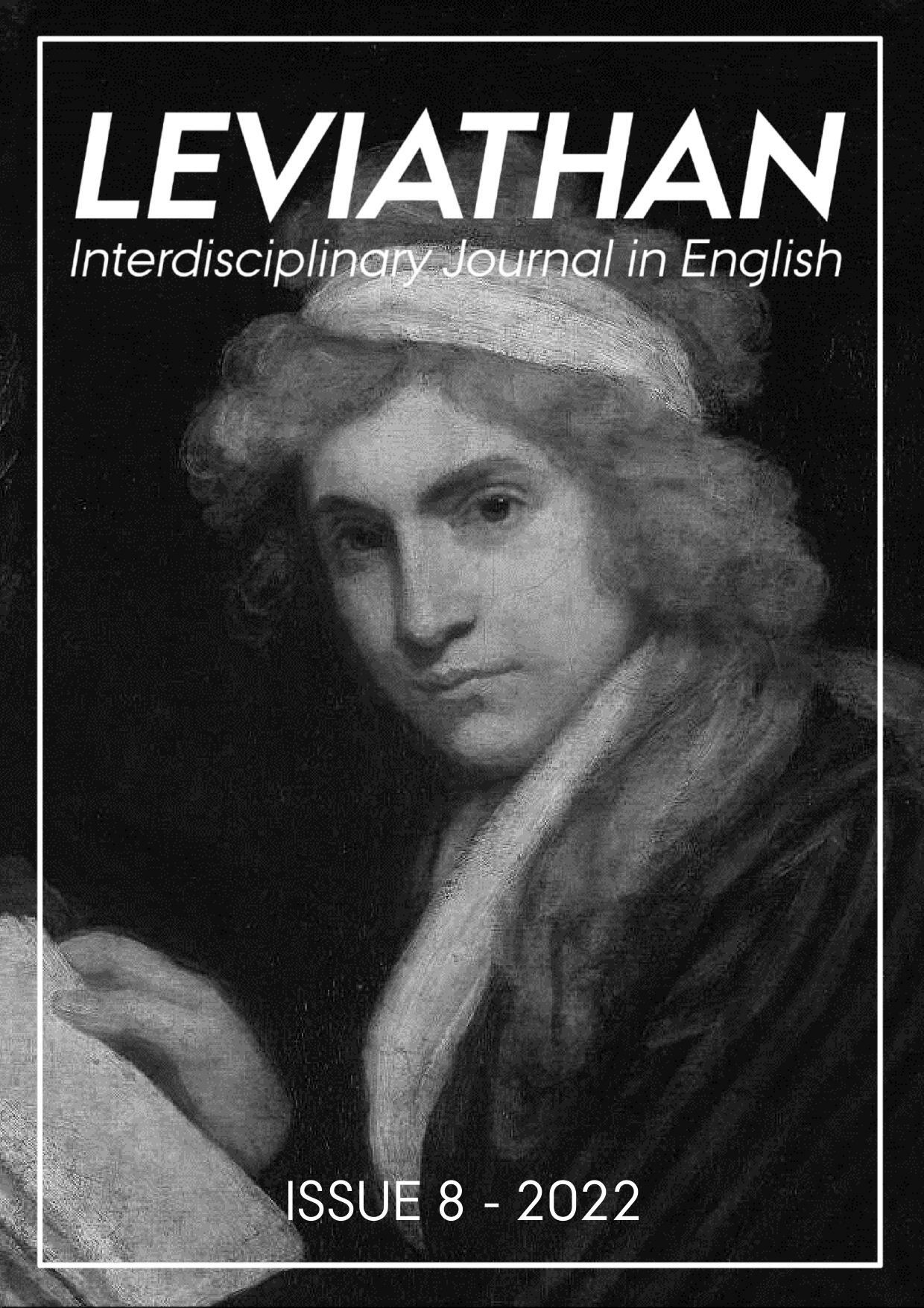'Saying Things That You Can't Say Tomorrow Day'
Accommodation Theory & Authenticity in Alex Turner of Arctic Monkeys
DOI:
https://doi.org/10.7146/lev82022132074Keywords:
Arctic Monkeys, accommodation theory, authenticity, dialects and accents, sociolinguistics, English Linguistics 3: English in Its Social and Regional SettingsAbstract
This article investigates whether Arctic Monkeys frontman Alex Turner’s use of northern English linguistic features decreased from the band’s first album Whatever People Say I am, That's What I'm Not (WPS) (2006) to their fifth album AM (2013); whether this was because Turner began to accommodate to American audiences instead of British audiences. An auditory analysis of two songs from each album was conducted to see if Turner’s use of glottalisation and th-fronting, typical northern English variants, changed. The results showed a clear decline in Turner’s use of northern English linguistic features between the two albums. The article concludes that British youth was the intended audience in WPS, but it is unclear who the intended audience is in AM as Turner continued to use other non-standard features that index Turner’s British roots.
References
Beal, Joan C. 2009. ‘“You’re Not from New York City, You’re from Rotherham”: Dialect and Identity in British Indie Music.’ Journal of English Linguistics 37 (3): 223-240. doi:10.1177/0075424209340014.
Beaumont, Mark. 2015. ‘Why Arctics Monkeys’ “AM” Is The Album Of The Decade So Far.’ NME. Accessed May 18, 2021. https://www.nme.com/blogs/nme-blogs/why-arctic-monkeys-am-is-the-album-of-the-decade-so-far-770408.
Bell, Allan. 1989. ‘Language style as Audience Design.’ In Sociolinguistics, A Reader and Coursebook, edited by Nikolas Coupland and Adam Jaworski, 240-50. New York: Palgrave.
Bohn, Ocke-Schwen, and Tim Caudery. 2017. The Sounds of English: An Activity-Based Course in English Phonetics and Phonology. Aarhus: Department of English, Aarhus University.
Bucholtz, Mary. 2000. ‘Language and Youth Culture.’ American Speech 75 (3): 280-283.
doi:10.1215/00031283-75-3-280.
CED (Collins English Dictionary). 2021. Glasgow: HarperCollins Publishers. https://www.collinsdictionary.com/.
Coupland, Nikolas. 2009. ‘The Mediated Performance of Vernaculars.’ Journal of English Linguistics 37 (3): 284-300. doi:10.1177/0075424209341188.
Flanagan, Paul J. 2019. ‘“A Certain Romance”: Style Shifting in the Language of Alex Turner in Arctic Monkeys Songs 2006-2018.’ Language and Literature 28 (1): 82-98. doi:10.1177/0963947019827075.
Giles, Howard, & Peter Powesland. 1989. ‘Accommodation Theory.’ In Sociolinguistics, A Reader and Coursebook, edited by Nikolas Coupland and Adam Jaworski, 232-9. New York: Palgrave.
Milton, Jamie. 2016. ‘Alex Turner’s Speaking Voice Has Entered a New Dimension.’ DIY. Accessed May 17, 2021. https://diymag.com/2016/03/29/alex-turners-speaking-voice-has-entered-a-new-dimension.
NME. 2006. ‘Arctic Monkeys Debut Album in Their Own Words.’ Accessed May 18, 2021. https://web.archive.org/web/20061104101227/http://www.nme.com:80/arcticmonkeys/ownwords.
Peters, Micah. 2017. ‘When Did the Arctic Monkeys’ Alex Turner Start Trying to Be Cool?’ The Ringer. Accessed May 17, 2021. https://www.theringer.com/2017/7/26/16077678/arctic-monkeys-cool-recent-history-week-38033946b805.
Petridis, Alexis. 2006. ‘Arctic Monkeys, Whatever People Say I Am, That's What I’m Not.’ The Guardian. Accessed May 11, 2021. https://www.theguardian.com/music/2006/jan/13/popandrock.shopping6.
Reilly, Nick. 2017. ‘Liam Gallagher Hits Out at Alex Turner’s ‘American’ Accent.’ NME. Accessed May 17, 2021. https://www.nme.com/news/music/liam-gallagher-hits-out-at-alex-turners-american-accent-2157102.
Simpson, Paul. 1999. ‘Language, Culture and Identity: With (Another) Look at Accents in Pop and Rock Singing.’ Multilingua 18 (4): 343-367. doi:10.1515/mult.1999.18.4.343
Trudgill, Peter. 1989. ‘Acts of Conflicting Identity: The Sociolinguistics of British Pop-song Pronunciation.’ In Sociolinguistics, A Reader and Coursebook, edited by Nikolas Coupland and Adam Jaworski, 251-65. New York: Palgrave.
Wells, John. n.d. ‘Glottal Stop.’ UCL Psychology & Language Sciences. Accessed 17 May 2021. https://www.phon.ucl.ac.uk/home/wells/glottals2-colour.pdf.
Wilkinson, Dan. 2016. ‘We Asked a Linguist Why Alex Turner Now Sounds Like an Old Cowboy.’ Vice. Accessed May 17, 2021. https://www.vice.com/en/article/6x89zn/we-asked-a-linguist-why-alex-turner-now-sounds-like-he-was-born-in-california.
Downloads
Published
How to Cite
Issue
Section
License
Copyright (c) 2022 Leviathan: Interdisciplinary Journal in English

This work is licensed under a Creative Commons Attribution-NonCommercial-NoDerivatives 4.0 International License.
Attribution-NonCommercial-NoDerivatives 4.0 International (CC BY-NC-ND 4.0)
You are free to share (copy and redistribute the material in any medium or format).
However:
You may not use the material for commercial purposes.
You must give appropriate credit, provide a link to the license, and indicate if changes were made. You may do so in any reasonable manner, but not in any way that suggests the licensor endorses you or your use.
If you remix, transform, or build upon the material, you may not distribute the modified material.
You may not apply legal terms or technological measures that legally restrict others from doing anything the license permits.





